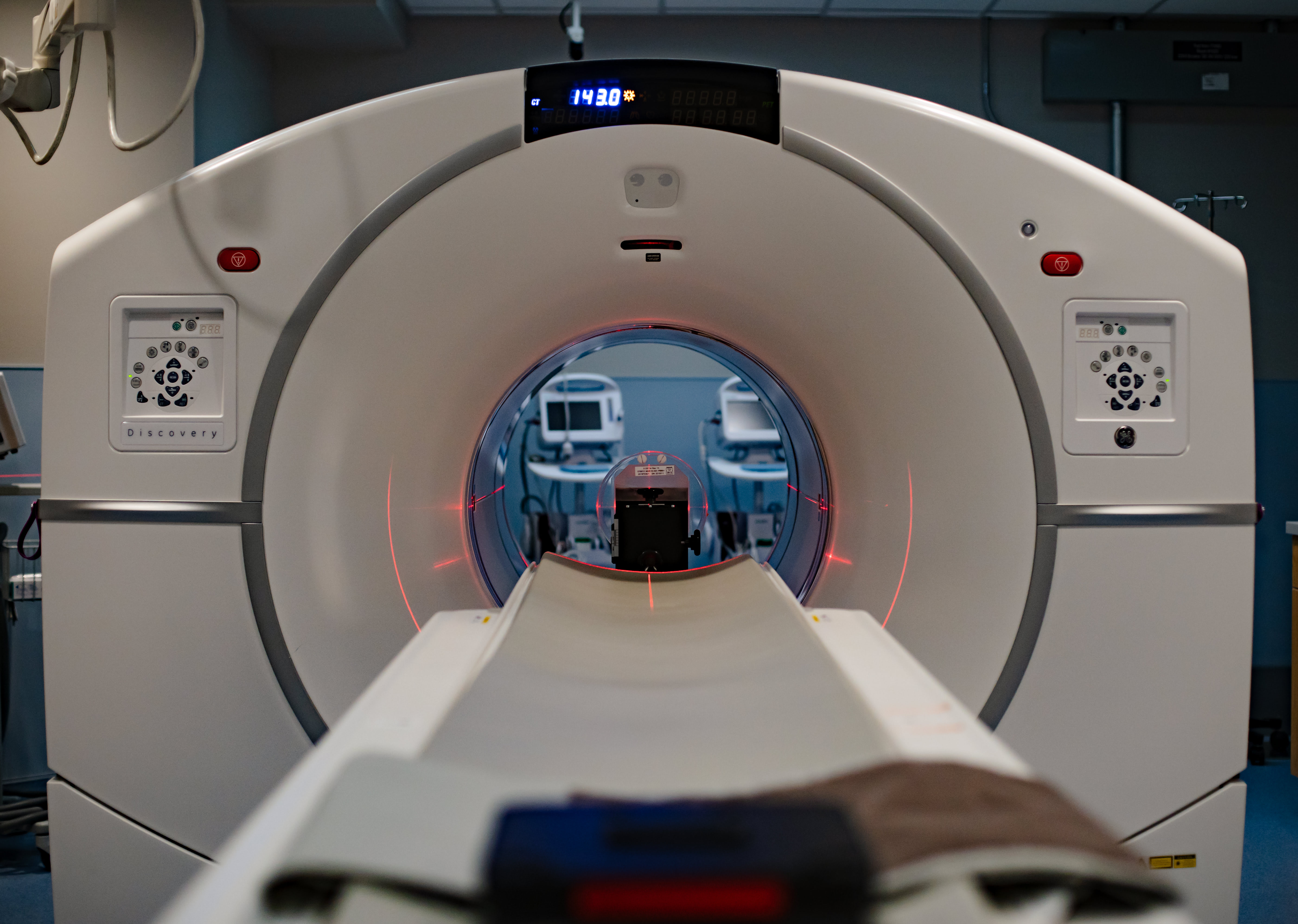Continued Progress: The Future of Cancer Research in B.C.
October 30, 2013
Canadian society is made up of many immigrants. Currently, South Asians of Indian descent are the largest group of immigrants and many reside in the Fraser Valley region. Like many immigrant populations, the South Asian community has unique needs when it comes to accessing medical services.
Our Breast Research to Evaluate Access and Services (BREAST) team has taken an in-depth look at the needs of cancer survivors: cancer patients who have completed treatment. In particular, we have conducted research into the needs of South Asian breast cancer patients. Among other information, the research participants informed us that they would like to have the opportunity to communicate with their peers in their own language.
With this need in mind, we have applied for grant funding to pilot a model of peer mentorship in Punjabi language. The survivorship care plan (SCP) used in the South Asian project was modified and used in the project testing a sustainable approach to providing SCP to general breast cancer patients. The knowledge of breast cancer survivorship has enabled Dr. Lee Ann Martin to test ways to support ovarian cancer patients in the transition from BC Cancer Agency care to the community.
In the coming years, there will be progress in screening technique for the early detection of cancer and treatment methods will be more personalized, resulting in lower side effects and much better survival results. Better treatment results mean higher number of survivors in the community. With the continued philanthropic support of BC Cancer Foundation donors, I am hopeful that the cancer research and care will continue to improve. We will know how to support patients from the news of diagnosis, through treatment, to the return to normalcy.
Each patient deserves to feel as supported as if her or his mother is an oncologist. No more fear associated with the “C” word regardless of ethnicity, education background, or the stage of life journey. After all, the aim of all research is to improve care.
Thank you for reading my blog this month,
Frances


